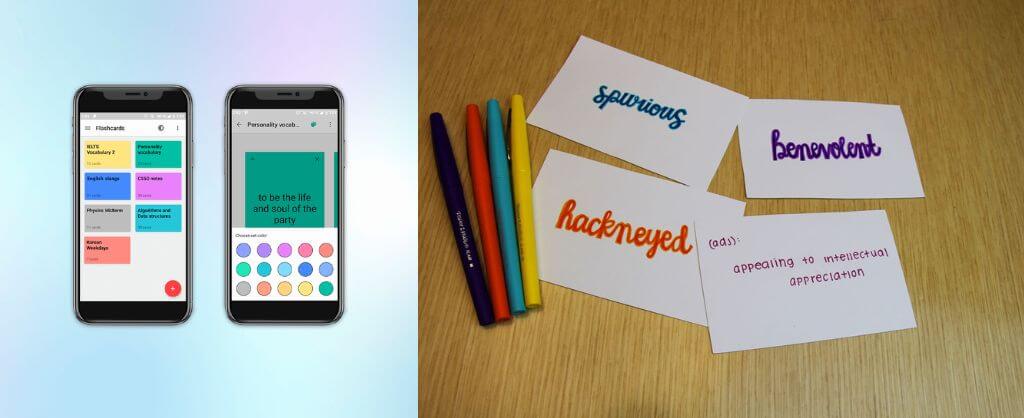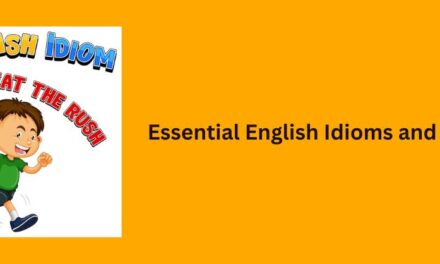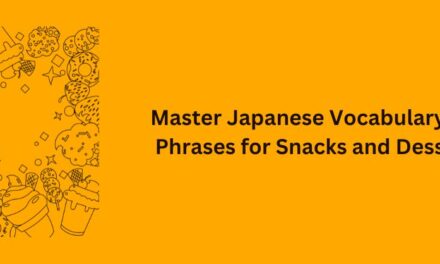The Beginner’s Guide to Using SRS Flashcards and Spaced Repetition

Learning vocabulary is essential for mastering a new language. However, retaining those new words can be challenging.
Research shows we forget learned material extremely quickly without ongoing review. This is where spaced repetition flashcard systems (SRS) can make a dramatic difference.
Content
- What is spaced repetition?
- Benefits of using SRS flashcards
- Best SRS flashcard app
- How to create your SRS flashcard deck
- Tips for effective spaced repetition flashcard use
- Master vocabulary with SRS
The Life-Changing Benefits of Learning Sign Language
What is Spaced Repetition and How Does it Work?
Spaced repetition utilizes the scientifically proven techniques of spaced interval recall and active recall to boost retention. Research demonstrates we remember new information best right after learning it, with recall ability then rapidly declining. Spaced repetition aims to counter this “forgetting curve” by reviewing new material at strategic times.
SRS platforms track when you last reviewed a flashcard and how difficult it was for you to recall. Flashcards you struggled with come up more frequently. Cards you remembered easily get a longer interval before the next review. This spacing of repetition sessions at expanding intervals helps new vocabulary stick long-term.
Active recall, where you retrieve information without aid, further augments learning. SRS flashcards tap into active recall by hiding definitions and translations, requiring you to recall based on a prompt. Producing vocabulary from memory this way leads to much stronger retention compared to passive review.
SRS platforms leverage these psychological principles to optimize the timing of flashcard review. With consistent use, you gain long-term mastery of vocabulary with minimal daily study time.
The Benefits of Using SRS Flashcards for Language Learning
Here are some of the key evidence-backed benefits of using spaced repetition flashcards:
- Dramatically better retention of vocabulary over time compared to standard flashcards or vocabulary lists. SRS endlessly repeats cards at the ideal moment for recall.
- Less total study time required. Frequent active recall prevents forgetting, eliminating wasted review of already known words.
- Prioritized review based on your own forgetting curve. Cards you struggle with get more repetitions for stronger memory encoding.
- Portable way to make use of small blocks of downtime. SRS flashcards work great for quick study on the go.
- Digital SRS platforms provide added features like audio pronunciation, example sentences, and tracking statistics to show your progress.
- Fun and rewarding way to build vocabulary. The platform handles scheduling, so you can focus on active production and retention.
Choosing an SRS Flashcard App
While physical flashcards can utilize spaced repetition methods, digital SRS platforms offer advantages like algorithm-optimized scheduling, multimedia options, and progress statistics.
Two popular flashcard apps optimized for language learning are Anki and Quizlet.
Anki
Anki employs a highly customizable spaced repetition algorithm that adjusts based on your performance. It supports adding images, audio clips, videos, and practice questions to cards.
Popular Anki features include:
- Open source software with free access across devices
- Fine-tuned control over scheduling parameters
- Ability to create and share flashcard decks
- Extensive customization of card layout and content
- Detailed statistics on mastery progress
Quizlet
Quizlet offers a slick, intuitive interface for web and mobile. It uses an adaptive algorithm to space vocabulary repetition.
Useful Quizlet features include:
- Freemium pricing with premium upgrades
- Audio pronunciation and example sentences
- Variety of study modes like Learn, Flashcards, Write, and Match
- Options for solo and competitive games
- Community for finding and sharing public decks
Both apps integrate well with textbooks and online material to quickly create flashcards. Overall Anki offers more customization while Quizlet provides more multimedia options. Try out both to see which SRS platform best fits your study style.
Creating and Using Your SRS Flashcard Deck
Once you’ve selected a spaced repetition system, it’s time to start adding cards! Follow these steps for success with SRS flashcards:
Choose your target vocabulary
- Start with high-frequency word lists or vocabulary from your language textbook. Focus on practical, useful vocabulary you want to master.
Include context and audio
- Add sample sentences to provide word usage examples. Include audio clips for pronunciation practice.
Produce vocabulary from memory
- When reviewing, read the English side first and actively recall the foreign language vocabulary. For multiple choice options, produce the answer instead of just recognizing it.
Stay consistent with reviews
- SRS works best with regular, short practice. 10 minutes daily is more effective than 2 hours once a week. Let the app handle scheduling reviews.
Continue expanding your deck
- Add new vocabulary groups as you progress. Building a large catalog of words strengthens retention of earlier cards through interleaved repetition.
Leverage statistics
- Use the statistics like mastery percentage to identify weak areas and prioritize review. Target cards you consistently struggle with.
For optimal vocabulary gains, commit to brief daily SRS flashcard review focused on active recall. Spaced repetition will efficiently build strong, long-term retention.
Tips for Effective Spaced Repetition Flashcard Use
Here are some additional tips for success with SRS flashcards as a language learner:
- Personalize and localize vocabulary with usage examples relevant to your life. Connect words to your existing knowledge.
- Form vivid mental images for abstract vocabulary. Associate concrete sensory details to make words more memorable.
- Group related words like foods or jobs together in themes. This provides context and connections between cards.
- Save time by repurposing existing vocabulary lists into your SRS app using import functions.
- Practice both receptive recall from the foreign prompt and productive recall from English.
- Say vocabulary aloud when reviewing for extra practice. Pronunciation activates more mental connections.
- Tap advanced scheduling options to increase intervals for confidently known cards and decrease intervals if you’re struggling.
Spaced repetition flashcard systems provide a powerful tool to permanently boost your vocabulary. Leverage SRS apps like Anki and Quizlet to maximize the return from your study time.
A few minutes of daily active recall will lead to rapid gains. Implement spaced repetition and watch your vocabulary growth accelerate!









